Is Rust CPU or GPU Heavy – Complete Guide – 2024!
Rust is a systems programming language designed for performance, safety, and concurrency. Its use of system resources, such as CPU and GPU, can vary depending on the specific application and how the code is written.
“Rust is a CPU-bound game, meaning it relies heavily on your CPU for performance. Upgrading your CPU can improve gameplay, but like other CPU-bound games such as GTA 5, you might still face FPS limits despite having a powerful GPU“
This article will explore whether Is rust generally CPU or GPU-heavy and what factors influence its performance.
The Role of CPU in Rust!
CPU in Rust is crucial for optimizing your gameplay experience. Rust, with its complex mechanics and detailed environment, places significant demands on the CPU.
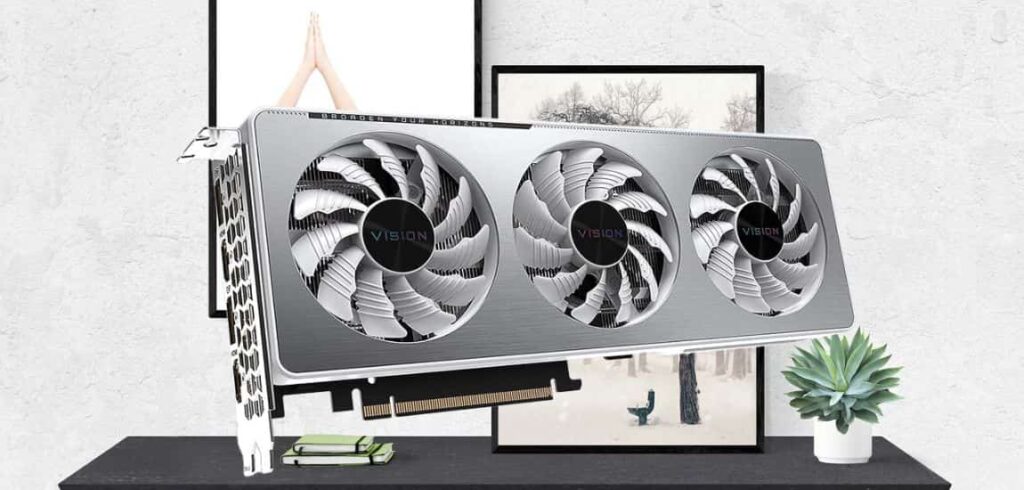
CPU Tasks in Rust:
In Rust, the CPU is responsible for various tasks, including game logic, AI calculations, and handling player inputs. The game’s detailed environment and complex interactions mean the CPU has to work hard to keep everything running smoothly.
CPU Bottlenecks in Rust:
CPU bottlenecks occur when the CPU can’t process the game’s demands quickly enough, leading to stutters and slowdowns. In Rust, this can happen during intense moments like large firefights or when many players interact in the same area. Ensuring your CPU is up to the task is crucial for maintaining smooth gameplay.
The Role of GPU in Rust!
The Graphics Processing Unit (GPU) is a critical component for running Rust smoothly and delivering the game’s immersive visuals. While the CPU handles the game’s logic and background calculations, the GPU is responsible for rendering the game’s graphics.
GPU Tasks in Rust:
The GPU handles the rendering of Rust’s beautiful and detailed world. This includes processing textures, lighting, shadows, and effects like explosions. A powerful GPU is essential for achieving high frame rates and detailed graphics settings.
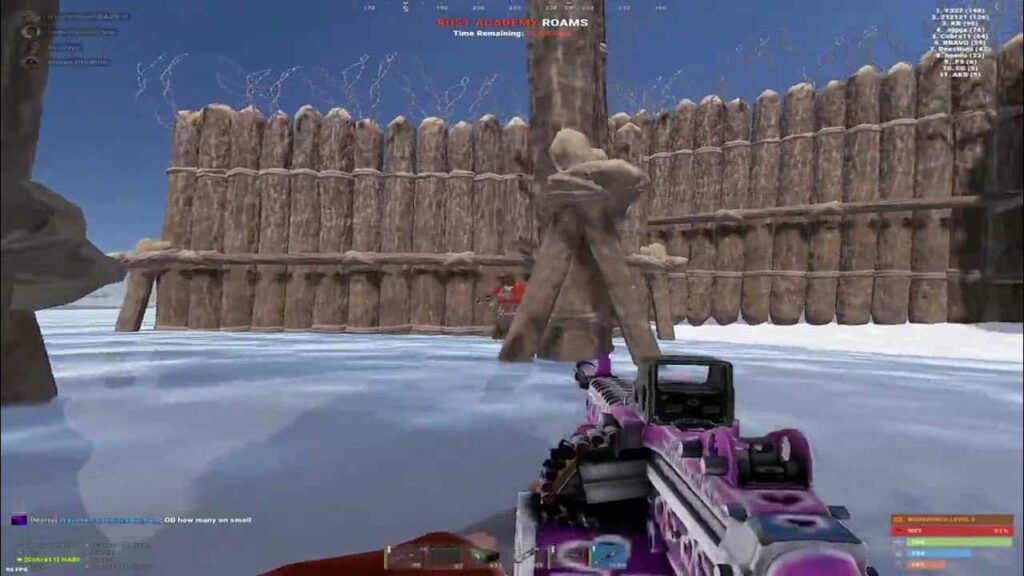
GPU Bottlenecks in Rust:
GPU bottlenecks occur when the GPU is maxed out and can’t keep up with the demands of rendering the game. This results in lower frame rates and potential visual glitches. In Rust, this can be especially noticeable in graphically intense areas or during complex visual effects.
Comparison with Other Programming Languages!
Comparison with other programming languages highlights Rust’s strengths in memory safety, concurrency, and performance. Unlike C++, Rust provides built-in safety features that prevent common errors, while outperforming Python in speed and low-level control.
Compared to Java, Rust offers more predictable performance with manual memory management, and it surpasses JavaScript in handling performance-critical tasks. Rust’s concurrency model also provides safer and more efficient handling compared to Go.
Comparing CPU and GPU Demands in Rust!
Rust’s demands can vary depending on how you play the game.
Base Building vs. Combat:
During base building, the game relies heavily on the CPU for managing building logic and player interactions. Combat, on the other hand, can be more GPU-intensive due to the need for smooth animations and effects. Understanding these differences can help you tailor your hardware upgrades.

Solo Play vs. Multiplayer:
Playing Rust solo typically puts less strain on your CPU and GPU compared to multiplayer. In multiplayer, the CPU has to handle more player interactions, and the GPU must render more complex scenes. Thus, a balanced system is vital for both play styles.
Rust’s System Requirements!
Knowing Rust’s system requirements can guide your hardware choices.
Minimum Requirements:
Rust’s minimum requirements include a fairly modest CPU and GPU. This setup will allow you to play the game at lower settings but may struggle during intense moments.
Recommended Requirements:
For a better experience, Rust’s recommended requirements suggest a more powerful CPU and GPU. This setup will enable higher graphics settings and smoother gameplay, especially in complex scenes.
Is Rust Running Slow? How to Make Rust Load Faster?
If Rust is running slow, consider lowering your graphics settings to reduce GPU strain, and close background applications to free up system resources. Upgrading your hardware, especially CPU, and GPU, or adding more RAM, can also improve performance. Additionally, ensure Rust is installed on a fast SSD and check your network connection for stability to enhance loading times and gameplay.

Rust’s GPU Utilization:
Rust’s GPU utilization involves rendering detailed environments, textures, and effects. A powerful GPU enhances visual fidelity and frame rates, handling tasks like shading, lighting, and post-processing. High graphics settings and resolutions can significantly increase GPU demand.
Rust’s CPU Utilization:
Rust’s CPU utilization includes managing game logic, physics calculations, and AI behavior. The CPU handles tasks such as player interactions, environment simulation, and multiplayer networking. A strong CPU helps keep the game running smoothly, especially during complicated situations or big battles.
Why Is Rust Running Slow? 5 Possible Reasons!
Rust might run slow due to inefficient code, excessive memory use, or blocking operations. Ensure you compile in release mode, use efficient algorithms, and leverage concurrency. Profiling tools can help identify bottlenecks to optimize performance.
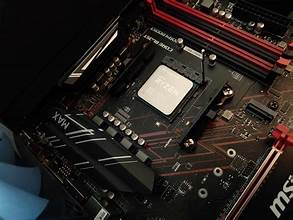
5 Possible Reasons:
- High Graphics Settings: If your graphics settings are too high, it can overload your computer. Try lowering settings like texture quality and shadows to improve performance.
- Background Programs: Other programs running on your computer can use up resources, slowing down Rust. Close any unnecessary apps before playing.
- Old Hardware: Your computer might be too old or not powerful enough for Rust. Upgrading parts like the CPU or GPU can help.
- Slow Hard Drive: If Rust is installed on a slow hard drive (HDD), loading times can be longer. Moving the game to a faster solid-state drive (SSD) can speed things up.
- Internet Connection Issues: For multiplayer games, a slow or unstable internet connection can cause lag. Check your connection and try using a wired connection for better stability.
Optimizing Your System for Rust!
To get the most out of Rust, consider optimizing or upgrading your hardware.
When to Upgrade Your CPU:
If you notice frequent stutters or slowdowns during gameplay, it might be time to upgrade your CPU. Look for high clock speeds and multiple cores to handle Rust’s demands.
When to Upgrade Your GPU:
If your game looks choppy or you can’t achieve the desired graphics settings, consider upgrading your GPU. A modern, powerful GPU will improve your visuals and frame rates, making for a more immersive experience.
How to Speed Up Rust: 10 Tips!
Improving the performance of Rust applications can be crucial for maximizing efficiency and achieving optimal results. Here are ten tips to help speed up your Rust code:
- Compile in Release Mode: Always compile your Rust code in release mode using cargo build –release. This enables optimizations that are disabled in debug mode, resulting in significant performance improvements.
- Profile Your Code: Use profiling tools like cargo profiler or perf to identify bottlenecks in your code. Profiling shows which parts of your code use the most resources. This helps you know where to focus on improving your code for better performance.
- Use Efficient Data Structures: Choose the right data structures for your needs. For example, use Vec instead of LinkedList for most use cases, as Vec provides better cache locality and performance.
- Avoid Unnecessary Allocations: Minimize memory allocations by reusing existing allocations and using stack-allocated data structures where possible. For instance, prefer using arrays and fixed-size data structures over heap-allocated ones.
- Leverage Concurrency: Rust’s concurrency features, like threads and async/await, allow you to perform multiple tasks in parallel, making full use of multi-core CPUs. Use crates like tokio or async-std for asynchronous programming.
- Optimize Loops: Reduce the overhead of loops by using iterators and iterator combinators instead of traditional for-loops. Iterators can be more efficient and expressive, allowing the compiler to optimize them better.
- Inline Functions: Use the #[inline] attribute to hint the compiler to inline small and frequently called functions. Inlining can reduce function call overhead and improve performance, especially in hot code paths.
- Reduce Dynamic Dispatch: Avoid using trait objects and dynamic dispatch when performance is critical. Prefer static dispatch with generics, which allows the compiler to perform more optimizations.
- Use Efficient Algorithms: Choose algorithms with better time complexity for your tasks. For example, use quicksort or mergesort for sorting large arrays instead of bubble sort. Libraries like Rayon provide parallel implementations of common algorithms.
- Cache Frequently Used Data: Store frequently accessed data in a cache to reduce redundant computations. This can significantly improve performance, especially in scenarios where the same data is used multiple times.
By applying these tips, you can optimize your Rust code for better performance, making your applications run faster and more efficiently.
Balancing CPU and GPU for Smooth Rust Gameplay!
Achieving the right balance between CPU and GPU is key to enjoying Rust without interruptions.
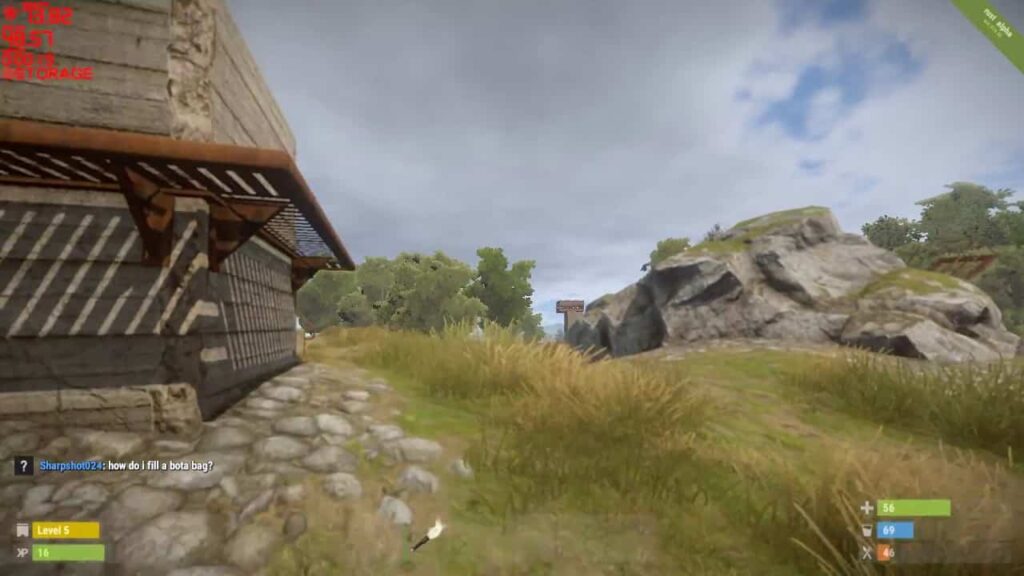
Avoiding Bottlenecks:
To avoid bottlenecks, ensure that neither your CPU nor GPU is significantly weaker than the other. A balanced setup where both components complement each other will prevent performance issues.
Does Rust use a lot of CPU?
Rust can use a lot of CPU depending on what it is doing. Heavy tasks and complex operations need more CPU power. However, Rust is built to be efficient and often uses CPU resources well.
Does rust depend on CPU or GPU?
Rust mostly depends on the CPU for its tasks. The GPU can be used for specific graphics or parallel processing tasks, but the primary work is done by the CPU. A powerful CPU will improve Rust’s performance.
Read more: Can I Use CPU Cable For GPU – Complete Guide – 2024!
Is rust graphically demanding?
Yes, Rust is graphically demanding. It requires a powerful computer to run smoothly due to its detailed graphics and large open-world environment. Players may need a good GPU and sufficient RAM to enjoy the game without performance issues.
Read more: Does It Matter If A Power Supply Is Overpowered – Complete Guide – 2024!
What is a good CPU for rust?
A good CPU for Rust is the AMD Ryzen 5 5600X. It works very well for gaming and development, which is why many people choose it. Its six cores and twelve threads ensure smooth and efficient processing.
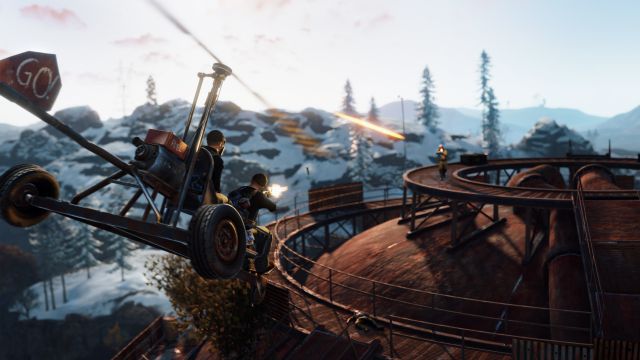
Are games CPU or GPU-heavy?
Games can be either CPU or GPU-heavy. CPU-heavy games rely more on the processor for tasks like game logic and AI, while GPU-heavy games need more graphics power for rendering visuals. The game’s requirements depend on its design and features.
Read more: Is It Okay For My Gpu To Be At 100 – Complete Guide – 2024!
Rust CPU bottleneck?
A Rust CPU bottleneck happens when your CPU can’t keep up with the demands of your Rust program. This can slow down performance. To fix it, you might need a faster CPU, better code optimization, or more efficient algorithms.
Read more: Can I Use 6+2 Pin For 8 Pin GPU – Complete Guide – 2024!
Rust high CPU usage?
Rust can cause high CPU usage due to inefficient code, excessive memory allocation, or poor concurrency management. To fix this, optimize your code, reduce memory usage, and properly manage threads and tasks.
Read more: How bad is it to have an overpowered GPU – Complete Guide – 2024!
Best CPU for compiling rust?
The best CPU for compiling Rust is the AMD Ryzen 9 5950X. It offers 16 cores and 32 threads, making it fast and efficient for heavy tasks. Its high clock speed and large cache ensure smooth and quick compilation times.
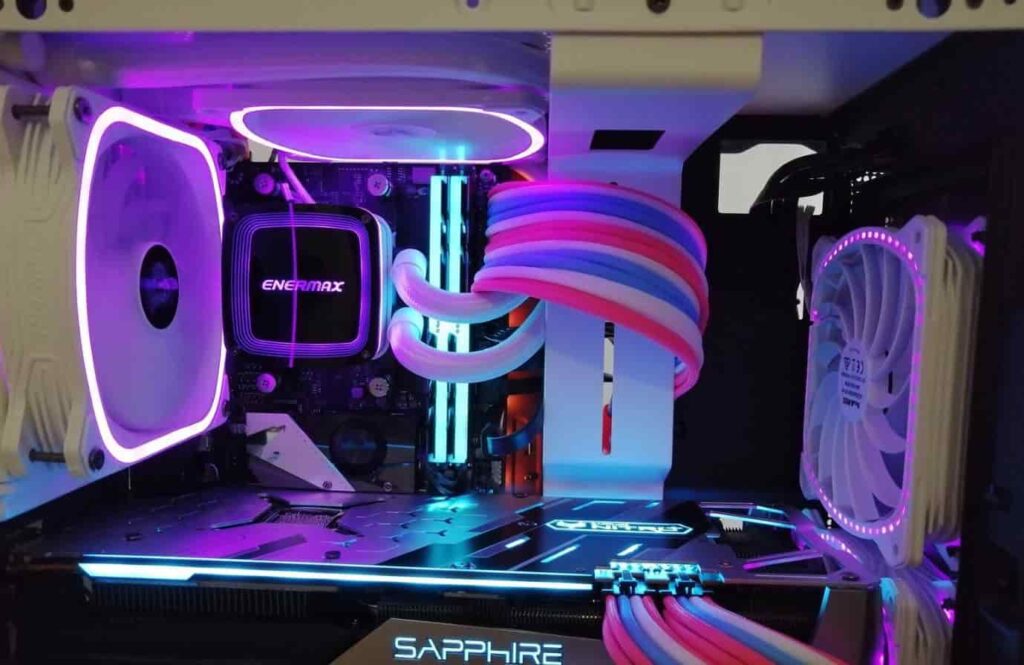
Rust CPU benchmarks?
Rust CPU benchmarks help measure how well Rust programs perform on different processors. These tests compare speed, efficiency, and overall performance, providing valuable insights for developers to choose the best hardware for their Rust applications.
Read more: Is 70 GPU Temp Bad – Complete Guide – 2024!
Is Rust a hard game to run?
Rust can be demanding on your computer. It needs a decent processor and graphics card to run smoothly. Lower-end systems might struggle with performance, so make sure your PC meets the game’s requirements for the best experience.
Read more: Is 85 C Hot For GPU – Complete Guide – 2024!
Is Rust a heavy game to run?
Yes, “Rust” is a demanding game and can be heavy on system resources. It requires a strong processor, a good graphics card, and enough RAM to run smoothly. Lower-end systems might struggle with performance.
Read more: GPU Only Works In Second Slot – Complete Guide – 2024!
Is gaming CPU-heavy or GPU-heavy?
Gaming is usually more GPU-heavy. The graphics card (GPU) handles most of the visual tasks, while the CPU takes care of general processing. A powerful GPU is essential for smooth and high-quality gaming experiences.
Is this game CPU-intensive or GPU-intensive?
It depends on the game. Some games need a powerful CPU for processing, while others need a strong GPU for graphics. Check the game’s requirements to know if it needs more CPU or GPU power.
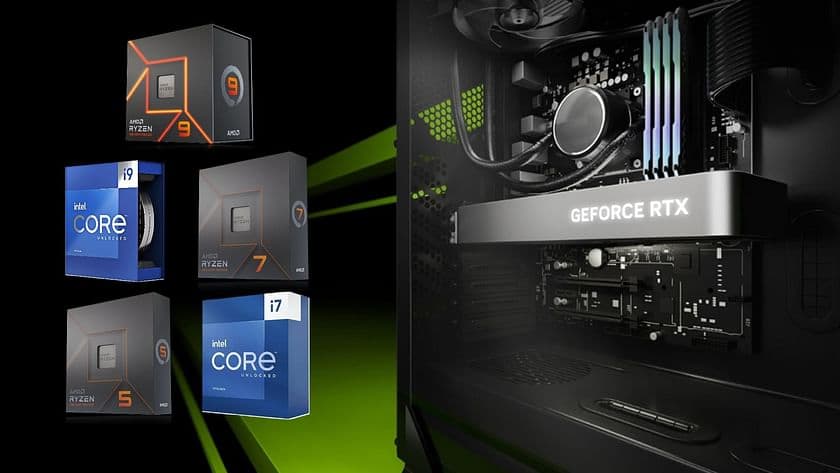
What are the system specifications for Rust?
To play Rust, you’ll need at least a 64-bit processor, Windows 7/8.1/10, 10 GB RAM, and a DirectX 11 graphics card with 2 GB VRAM. Recommended specs include a better processor, 16 GB RAM, and a stronger graphics card.
Read more: Is 80 Degrees Celsius Hot For A GPU – Complete Guide – 2024!
What does hover note mean in Minecraft?
In Minecraft, a “hover note” is a text message that appears when you place your cursor over an item or object. It provides extra information or details about that item, helping players understand its use or properties.
How to Make Rust Load Faster If None of This Works?
If Rust still loads slowly, try updating your graphics drivers, closing unused background applications, lowering in-game settings, or upgrading your hardware. Faster storage like SSDs and more RAM can also help improve loading times.
Read more: What GPU Can Run 240hz – Complete Guide – 2024!
Make Ram Stop Bottle Necking Rust?
To stop RAM from bottlenecking Rust, upgrade your RAM to at least 16GB, close unnecessary background programs, and increase the virtual memory (paging file) size of your system. These steps will help ensure smoother and faster performance.
Read more: How To Tell If Youre Gpu Or Cpu Bound – Complete Guide – 2024!
(RUST) PC not using all GPU, CPU, and RAM available – RTX 2080 TI with I9-9900k?
If Rust isn’t using all your RTX 2080 TI, i9-9900k, and RAM, check for software issues, game settings, and background processes. Ensure drivers are updated, optimize in-game settings, and close unnecessary programs to improve resource utilization.
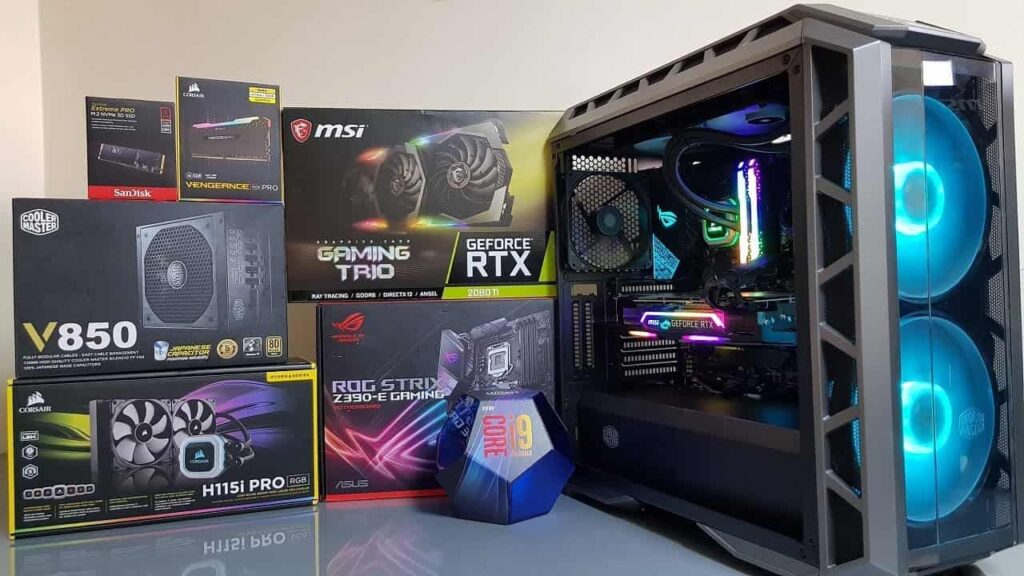
Where Is My Bottleneck On Rust?
To find the bottleneck in your Rust code, use profiling tools like `cargo profiler` or `perf`. These tools help identify which parts of your code are slow and consuming the most resources, allowing you to focus on optimizing those areas.
Read more: Does It Matter What PCIe Slot I Use For GPU – Complete Guide – 2024!
Is a GPU temperature of 30 degrees when idle considered good?
Yes, a GPU temperature of 30 degrees when idle is good. This indicates efficient cooling and a healthy system, as typical idle temperatures range from 30°C to 50°C
FAQS:
1. Is Rust more CPU or GPU intensive?
Rust is more CPU-intensive than GPU-intensive. The game relies heavily on the CPU for handling complex calculations, game logic, and physics. However, a good GPU is also important for rendering graphics smoothly and enhancing visual performance.
2. When you benchmark your computer, is it more CPU or GPU intensive?
When you benchmark your computer, it can be either CPU or GPU-intensive, depending on the type of test you run. CPU benchmarks measure processor performance, while GPU benchmarks assess graphics card capabilities. Both tests help identify different performance aspects.
3. Does CPU matter when rendering with GPU?
Yes, the CPU still matters when rendering with a GPU. The CPU handles tasks like preparing data and managing the GPU, so a fast CPU can help avoid bottlenecks and ensure smoother rendering performance.
4. Is streaming GPU or CPU intensive?
Streaming is typically more CPU-intensive because it handles tasks like decoding and processing video data. However, GPUs can also be used to accelerate video encoding and rendering, which can help reduce CPU load and improve performance.
5. Is Rust’s game worth starting to play now?
Yes, starting to play Rust now is worth it. The game offers a unique survival experience with crafting, building, and PvP elements. With ongoing updates and an active community, it remains engaging and popular among players.
6. Is Yuzu CPU or GPU intensive?
Yuzu is both CPU and GPU intensive. It relies heavily on the CPU for emulation tasks and the GPU for rendering graphics. For the best performance, a powerful CPU and GPU are needed.
7. Can you use a CPU like a GPU? If you can, will the results be optimal?
You can use a CPU for tasks typically handled by a GPU, but it won’t be as efficient. CPUs are designed for general tasks, while GPUs are specialized for parallel processing, making them better suited for tasks like graphics and complex calculations.
8. How important are the CPU and GPU when building a gaming computer? Which one should be prioritized first if money isn’t an issue?
Both CPU and GPU are crucial for a gaming computer. If cost is not a problem, choose the GPU first to improve graphics performance. A strong GPU ensures smoother gameplay, while a good CPU supports overall system efficiency. Optimal results require balancing both components.
9. What determines when a CPU or GPU is used?
A CPU is used for tasks needing complex calculations and varied instructions, while a GPU handles parallel tasks like graphics and data processing. The choice between CPU and GPU depends on the task type, and choosing correctly can lead to optimal performance.
10. What is good about the video game Rust?
The video game Rust is popular for its open-world survival gameplay, where players gather resources, build structures, and compete with others. Its dynamic environment and player-driven interactions create a thrilling and unpredictable experience. The results can be highly enjoyable and engaging.
11. Is a GPU temperature of 70 degrees bad?
No, a GPU temperature of 70 degrees is not bad. It’s within the normal range for many GPUs under load.
Conclusion:
“Rust is generally CPU-heavy due to its reliance on complex calculations and game logic. The CPU manages tasks like AI, game mechanics, and multiplayer interactions. However, the GPU is also important for rendering graphics and effects. Balancing both CPU and GPU performance is essential for smooth gameplay”
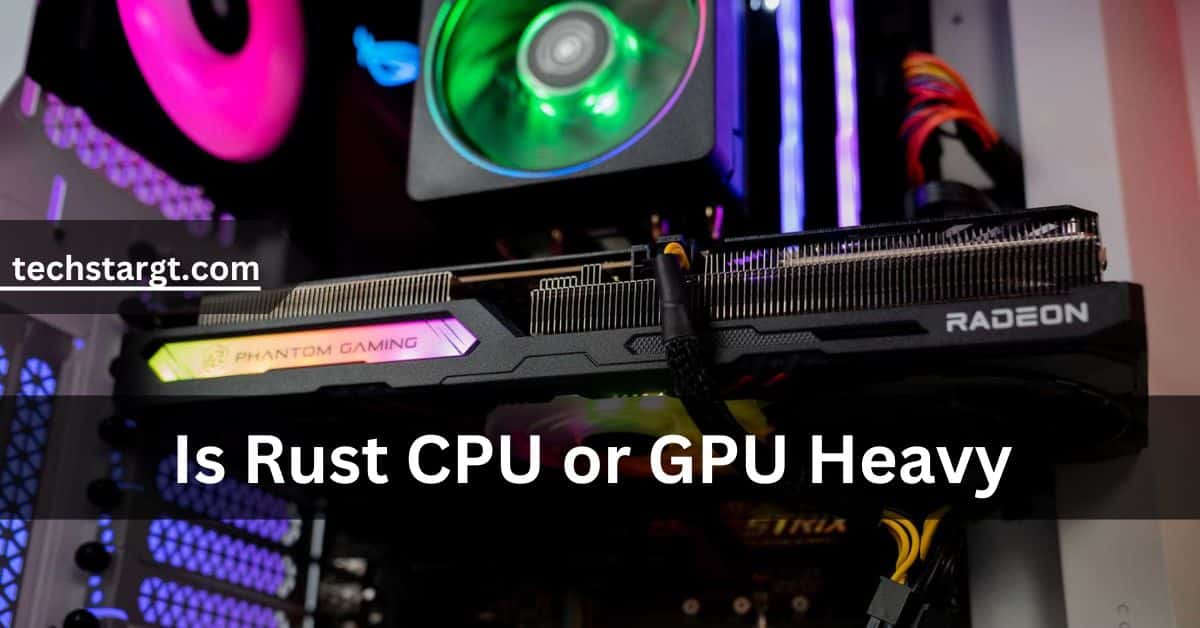
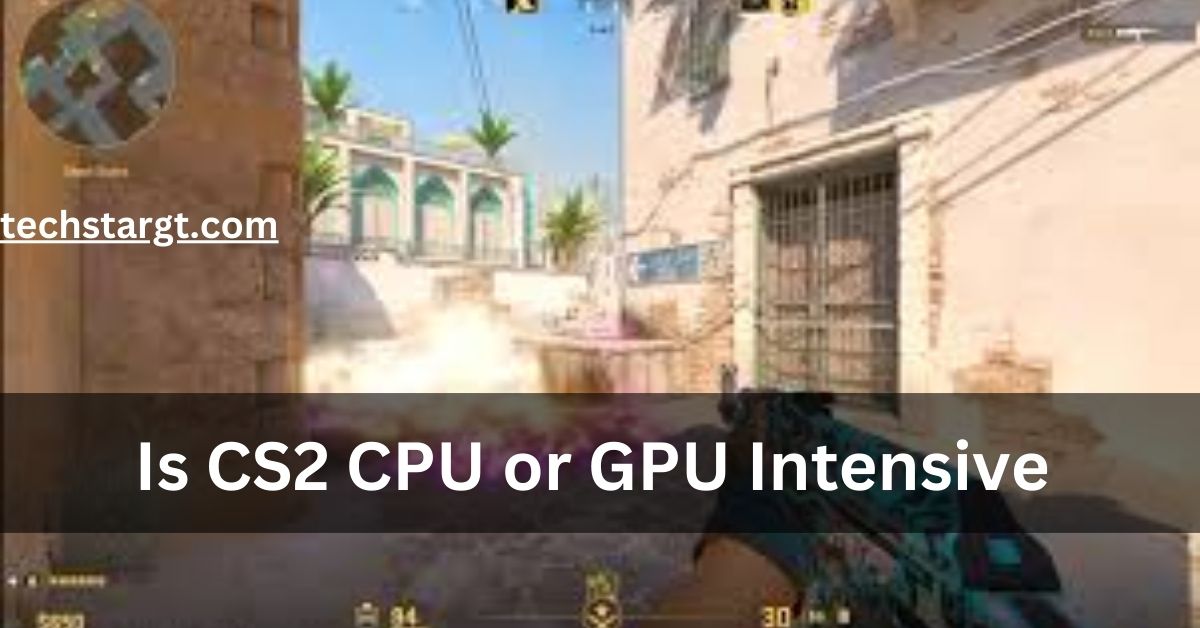
8 comments